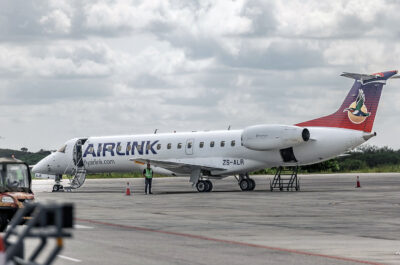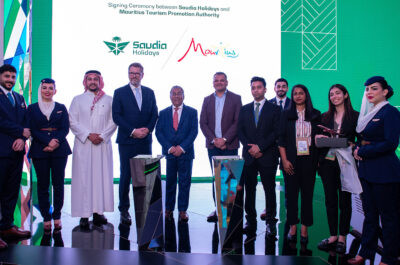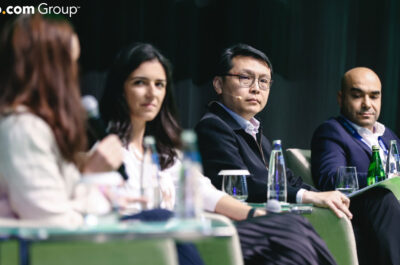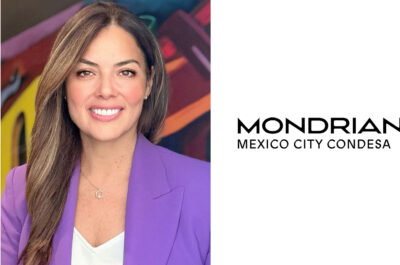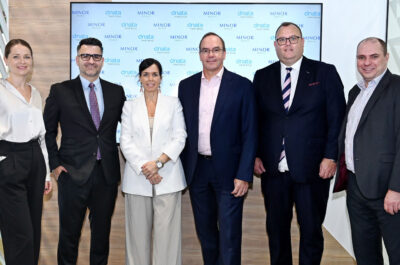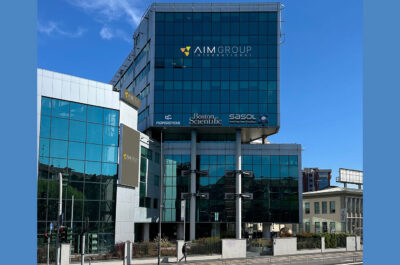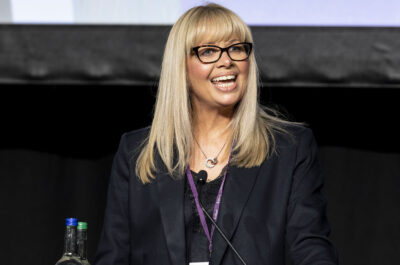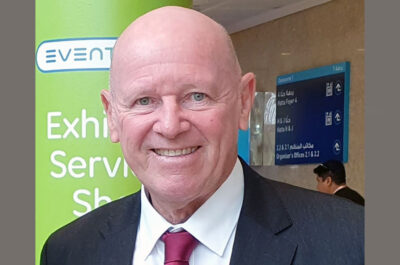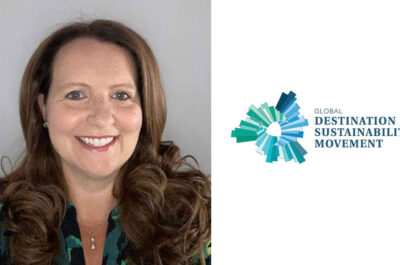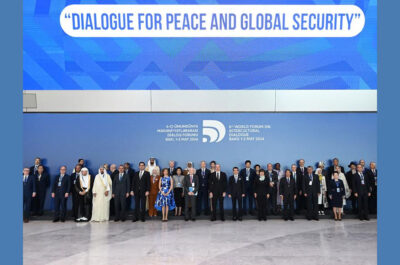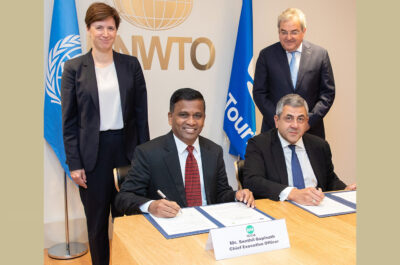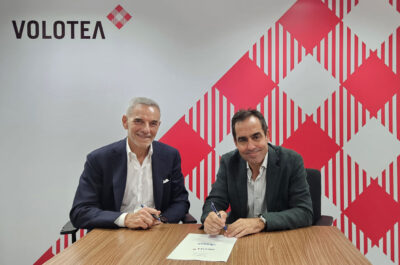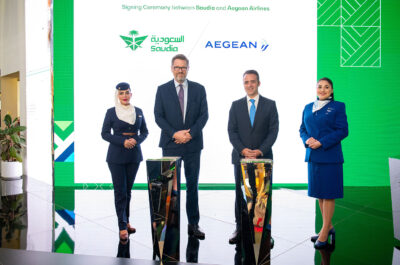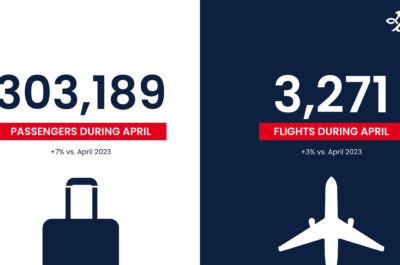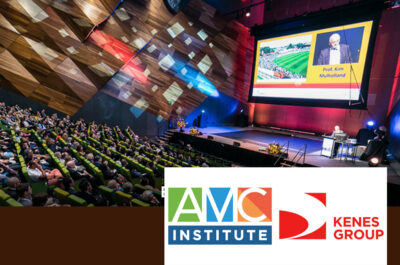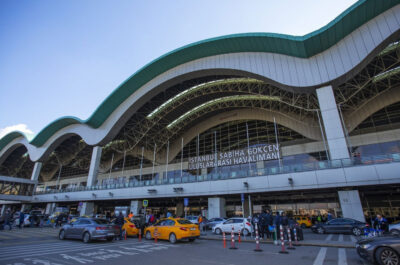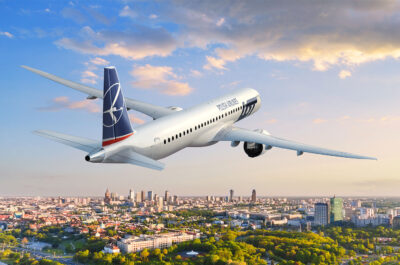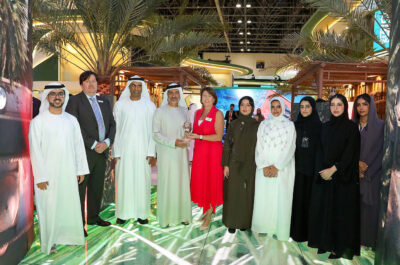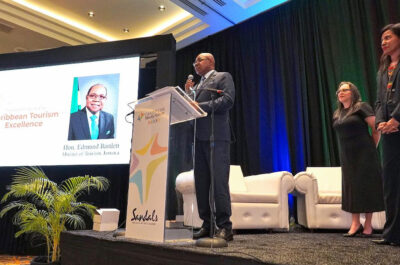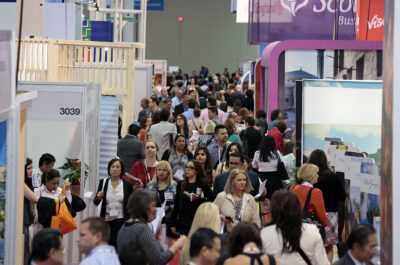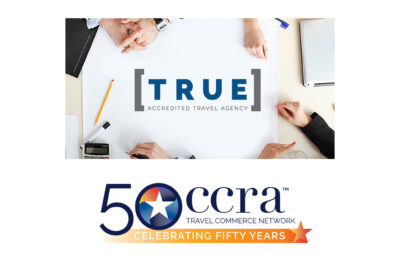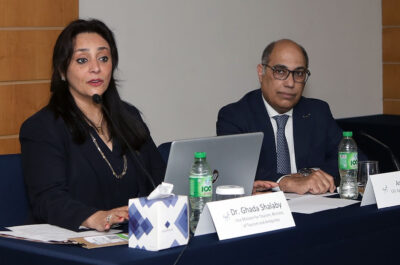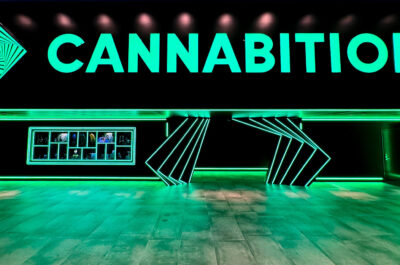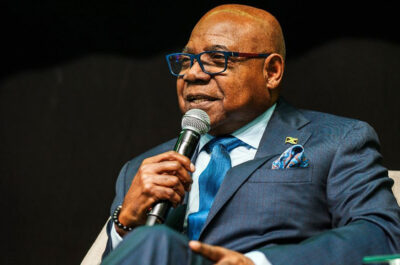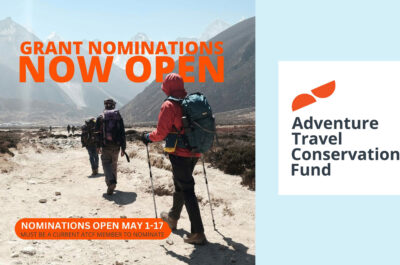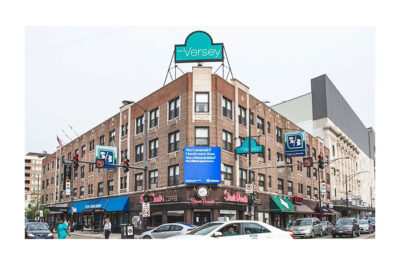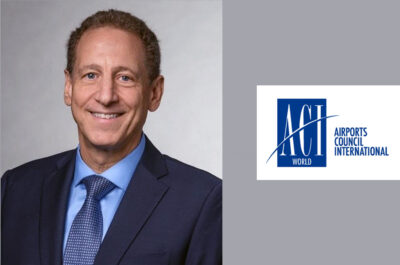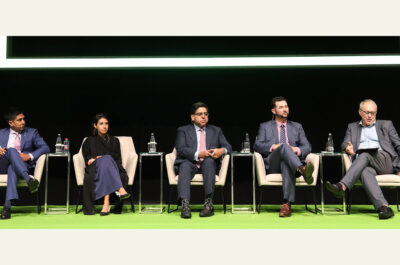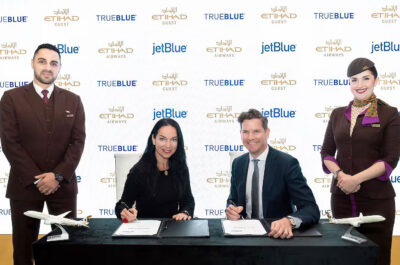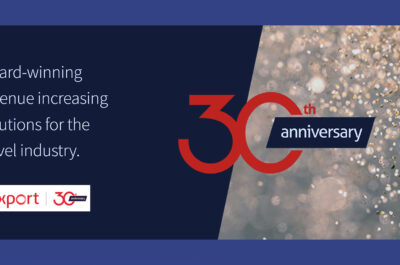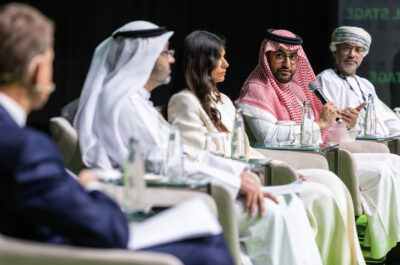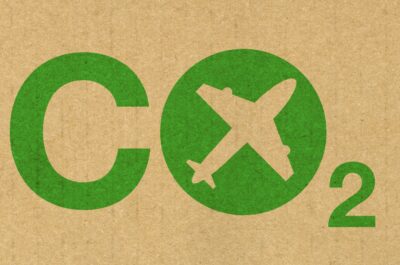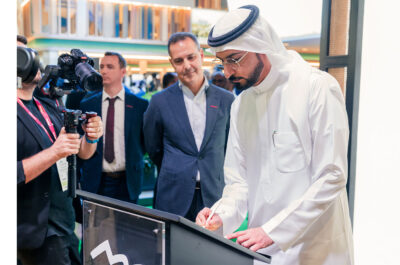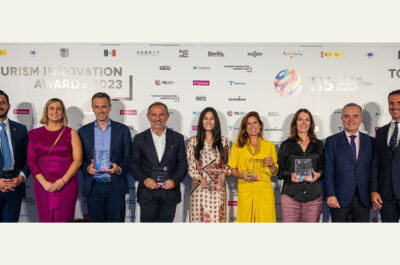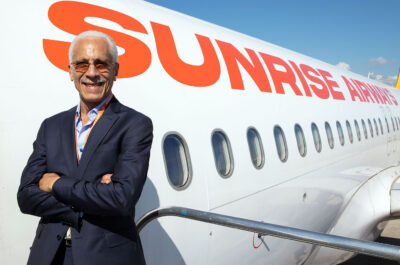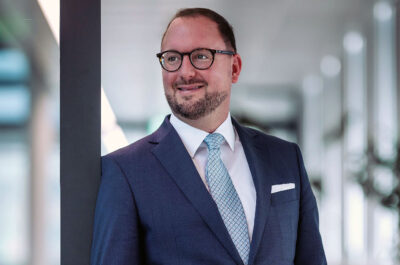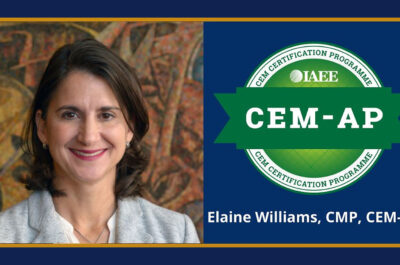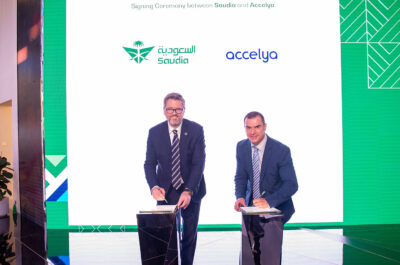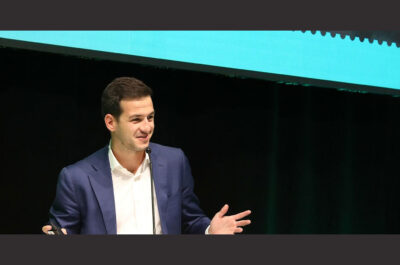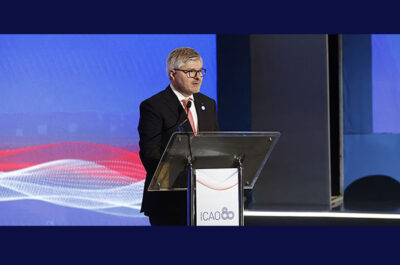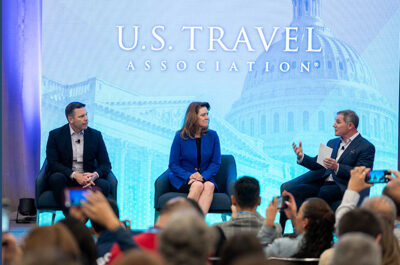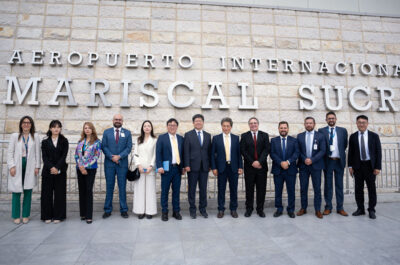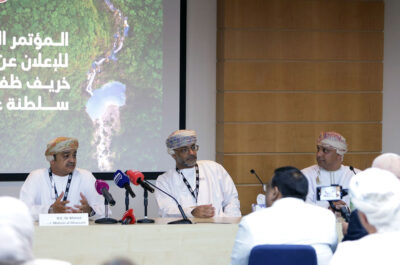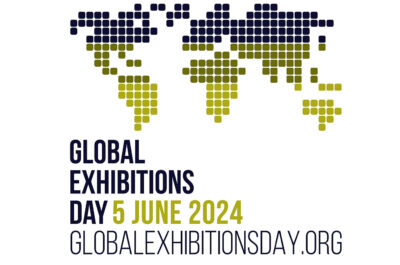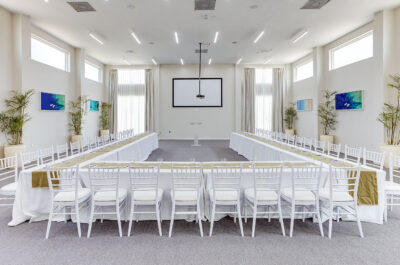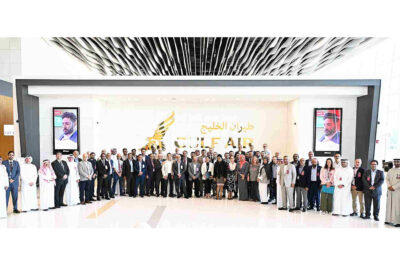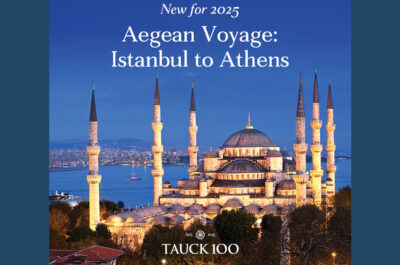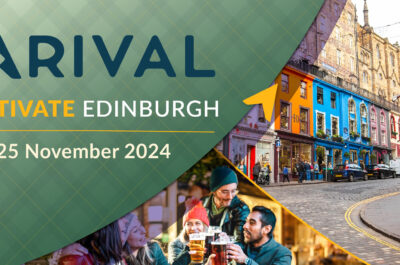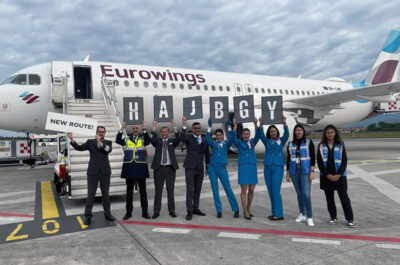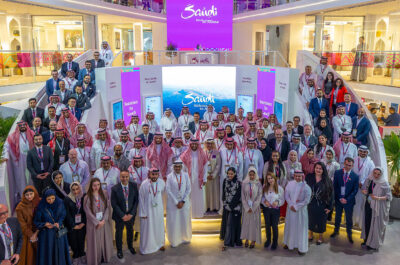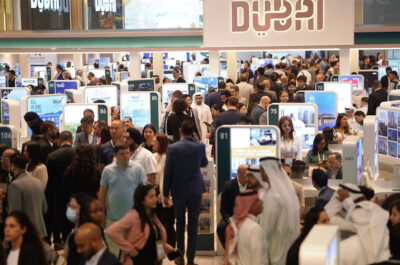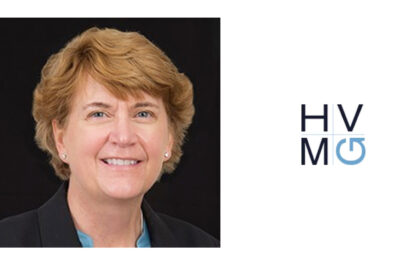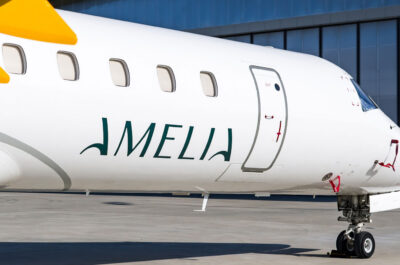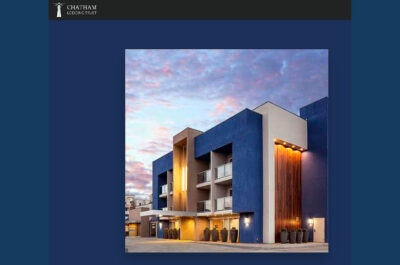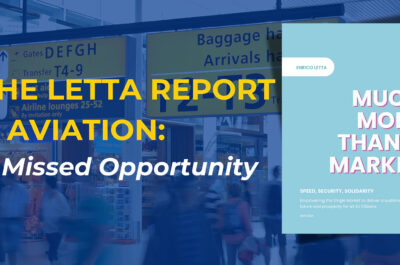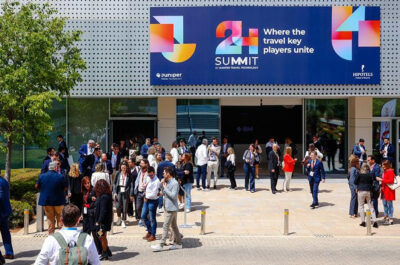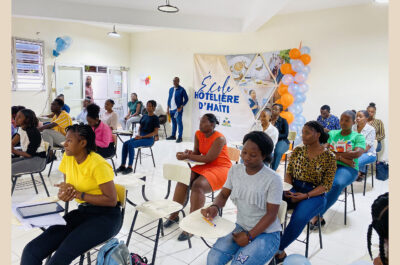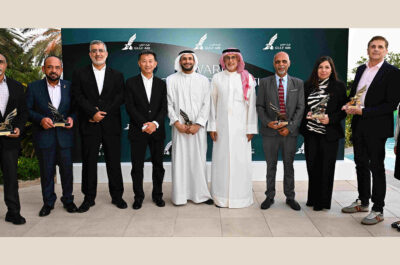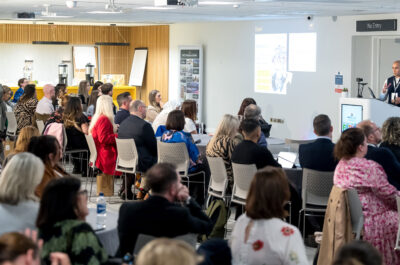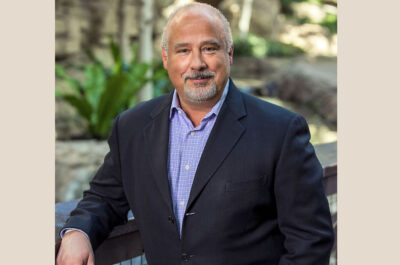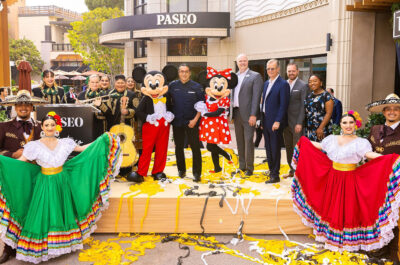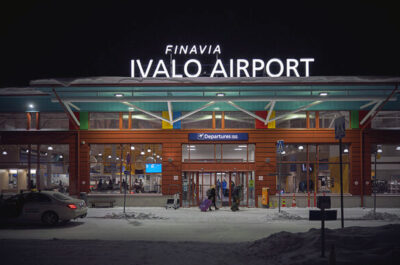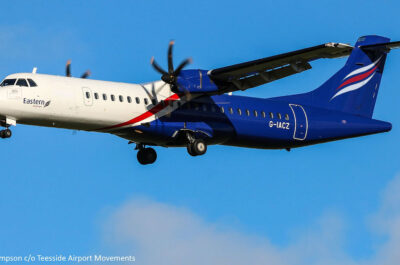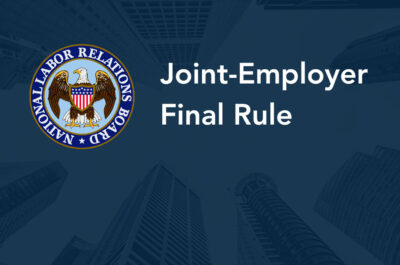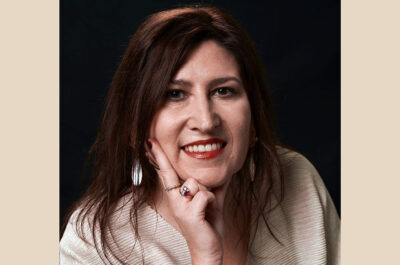Despite sluggish travel and economic trends, 47% of organizations will increase the use of events as a marketing medium in 2003 signaling…
Despite sluggish travel and economic trends, 47% of organizations will increase the use of events as a marketing medium in 2003 signaling the importance of doing business face-to-face, according to a report released by The George P. Johnson Company and the MPI Foundation.
The MPI Foundation/GPJ Event Trends Report 2003 is an annual benchmark study that reveals important event marketing trends in North America. Combined with data collected in 2001-2002, this year`s research documents the changing role, investment levels and effectiveness of event marketing. Among the study`s key findings was the fact that 47% of surveyed companies expect events to increase in importance – compared with just 40% projecting greater importance in 2002. Also notable, events were ranked on par with advertising and direct marketing when it comes to return on investment (ROI). ROI was cited as having a significant impact on event expenditures, with 51% of respondents who experienced successful ROI expecting to increase event budgets (vs. 33% overall).
The importance of events to the marketing mix continues to be on the rise – no other part of the marketing mix has the same power to deepen customer relationships, said Robert G. Vallee, Jr., chief executive officer of The George P. Johnson Company.
This year`s study surveyed 350 senior marketing executives from major companies in the following vertical industries: automotive, technology, healthcare, financial services, and other industries, including consumer, manufacturing and associations. The study was co-sponsored by the George P. Johnson Company, a global event marketing agency and The MPI Foundation – the supportive research and development entity for Dallas-based Meeting Professionals International (MPI), the global authority and resource for the meeting industry. As media sponsor, Event Marketer Magazine provided additional support for the research. The Sprint Corporation and AVSC also provided funding.
Event Priorities:
Event types seen as providing the greatest return on investment were tradeshows and sponsorships (29% each). Smaller, proprietary types of events such as seminars and roadshows were tied for second (17% each). For the second year in a row, respondents indicated that increasing brand awareness and brand preference were the top objectives of their event marketing programs.
Measurement is critical; more tools available:
As successful ROI is tied into event decision making as never before, the ability to measure ROI is critical. The research findings suggest that measurement tools are becoming more widely available than before. A significantly lower percentage cited lack of effective measurement tools (35% vs. 53% in 2002).
Spending constant, but number of events increasing:
Another noteworthy finding from the study was the fact that while marketers did not allocate larger proportions of their budgets to events this year, in many industry sectors expect to do more events and greater productivity from them. Event budget allocations remained close to those of 2002 (23% vs. 22% last year). At the same time, the automotive and healthcare industries indicated sharp increases in the number of events each expected to execute in the coming year (the automotive sector predicted 47 major events vs. 18 in 2002; healthcare predicted an average of 41 major events vs. just 13 last year).
It appears that companies will be looking more closely at the productivity of the events they invest in this year, said Robert G. Vallee, Jr., CEO of The George P. Johnson Company. The study also suggests that marketers may be placing greater emphasis on smaller, more proprietary events, such as seminars and conferences.
Internal vs. External:
Internal events are also assuming greater prominence in the event arena. 45% of those surveyed said they expected internal events to increase in importance to their companies. Key priorities for internal events were education and training (55%); followed by marketing meetings (17%).
Meetings and events mean business, so it`s encouraging that in an economy like this, the number of events are actually projected to increase, said David A. DuBois, CMP,CAE, interim chief operating officer for MPI, and executive vice president for the MPI Foundation. In addition to the immediate boost to the economy generated by business travelers and meeting attendees, events can stimulate business activity, strengthen company brands, motivate and educate employees, help build market share, and much more.
Industry-Specific Differences:
Inherently, events are planned, executed and evaluated uniquely in every industry, and accordingly, the trends research reported distinct findings between automotive, high tech, healthcare and financial services sectors. While the automotive vertical is much more likely to define the role of event marketing in terms of sales support, healthcare marketers most frequently think of event marketing in terms of educational programs and seminars. Auto industry respondents are planning to significantly increase the number of events but the budget allocations are not increasing proportionately.
In the high tech industry, 42% of respondents expect budget allocations to increase for event marketing, however when positive ROI is perceived for event marketing, 80% see increased budget allocations. Of all the sectors surveyed, financial services professionals are likely to see the importance of internal event marketing increase, with external events seen as important to increasing brand awareness by 94% of the respondents. Similarly, 90% of healthcare respondents point to brand awareness and preference as the most important objectives for their event marketing activities, with 90% rating customer and employee satisfaction as a critical measure of success for their events.
Theodore is the Co-Founder and Managing Editor of TravelDailyNews Media Network; his responsibilities include business development and planning for TravelDailyNews long-term opportunities.










































